Writing Tips
Elevate your writing and communication with expert articles on writing, grammar, and vocabulary.
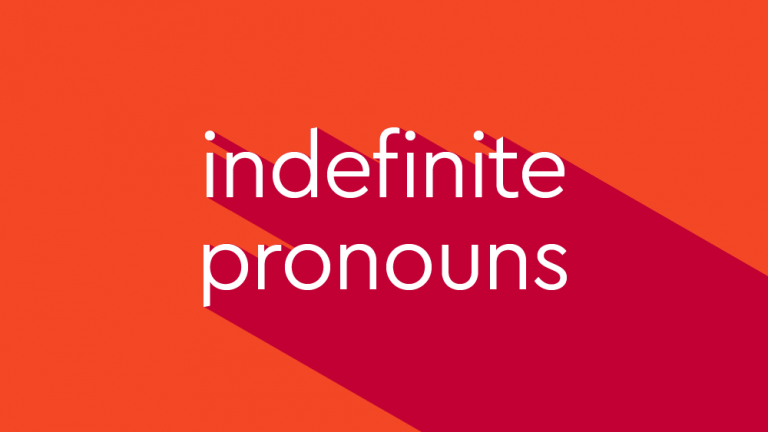
What Is An Indefinite Pronoun? Definition And Examples
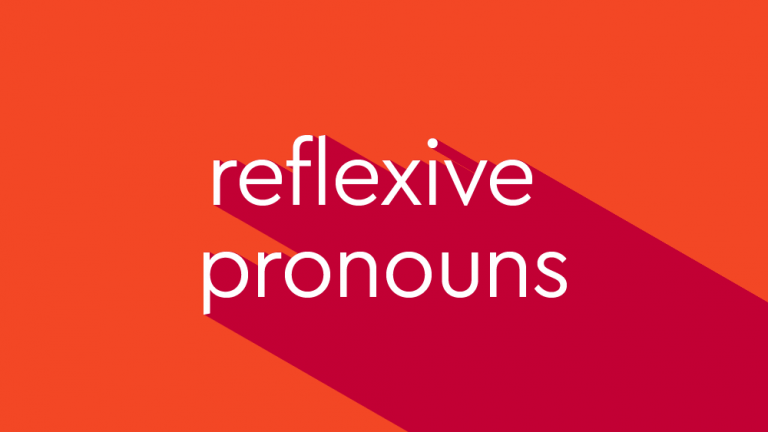
What Is A Reflexive Pronoun? Definition And Examples
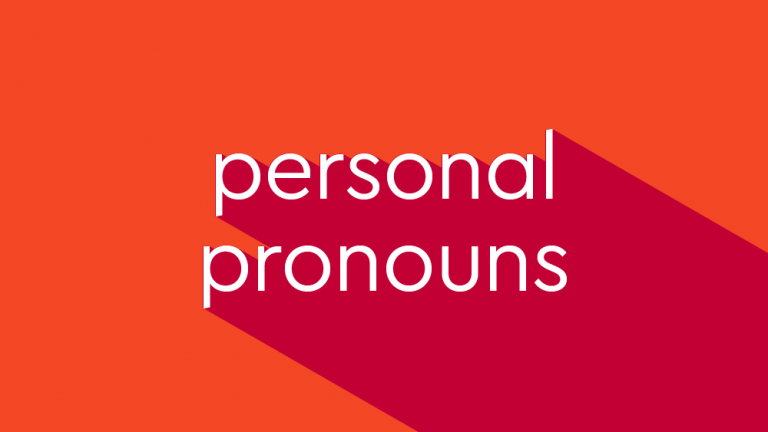
What Is A Personal Pronoun? Definition And Examples
Grammar
See more-

Maximum vs. Maximal: Which One Is Correct, and When?
-

Which Is Correct? “It Is I” vs. “It Is Me”
-

Lust vs. Love: The Heart of the Difference
-

Woman vs. Women: What’s the Difference?
-

Stamina vs. Endurance: Working Out the Difference
-
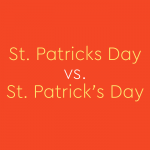
Is It “St. Patricks Day” Or “St. Patrick’s Day”?
-

Are Seasons Capitalized or Not?
-

Perfect Grammar Is the Accessory You Need
-
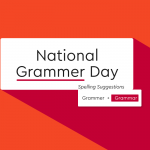
Make Your Writing The Star Of National Grammar Day With These Tips
-

Is It “President’s Day,” “Presidents Day,” or “Presidents’ Day”?
-

Is It “Valentine’s Day” Or “Valentines Day”?
-

When to Capitalize “President”
Ways To Say
See more-

Blown Away: 9 Words About Wind
-

Contronyms You’ve Been Using Without Realizing It
-
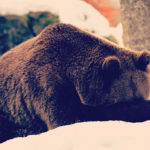
10 Wintry Words to Defrost Your Vocabulary
-

7 Serendipitous Ways to Say “Lucky”
-

Thickest Thieves or Thick as Thieves: Which One Is Correct?
-

Hip-Hop: The World’s Most Popular Poetry (And How It Works)
-

12 Motivational Quotes from Sports Figures
-

21 Contemplative Quotes From Muslim Americans About the Month of Ramadan
-

Propel Yourself Into Action With 10 Motivational Quotes For Women
-

19 Trailblazing Quotes From Women Of Color On The Pursuit Of Suffrage
-

8 Unique Terms of Endearment to Use
-

18 Love Idioms To Express Your Feelings with All Your Heart
Writing
See more-

How to Write a Scary Story: Tips to Haunt Your Readers
-

How to Use Wordplay to Elevate Your Poetry
-

How to Use Wordplay to Elevate Your Poetry
-

How to Write a Haiku: Tips and Examples
-

The Power of Poetry: A Beginner’s Guide to Writing Poetry
-

How to Write a “Get Well Soon” Message
-

Make The “Write” Plans For The Year With 10 New Year’s Resolutions For Writers
-

What To Write In A Holiday Card
-

Informal Vs. Formal Writing: What’s The Difference?
-

How To Write A Scary Campfire Story
-

Interview With R.L. Stine: The Goosebumps Author Reveals His Origin Story
-
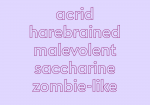
Negative Words That Start With A, B, And Every Other Insufferable, Horrid Letter